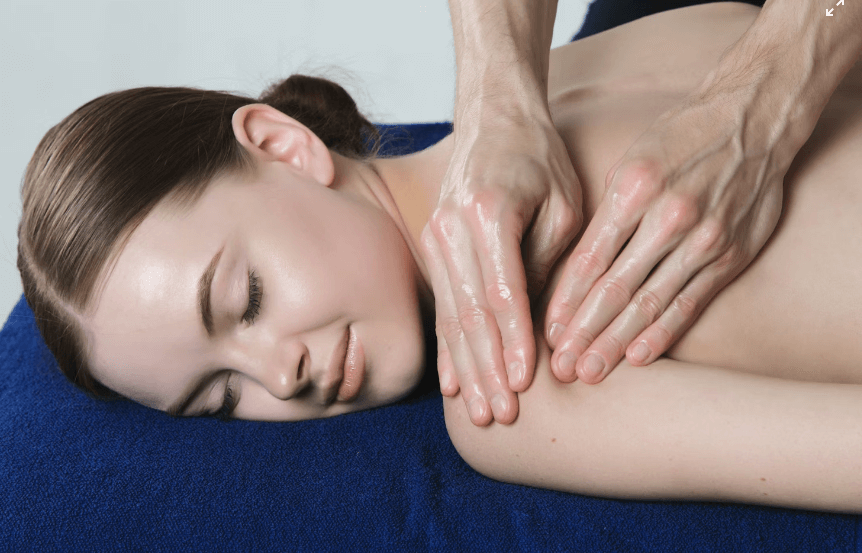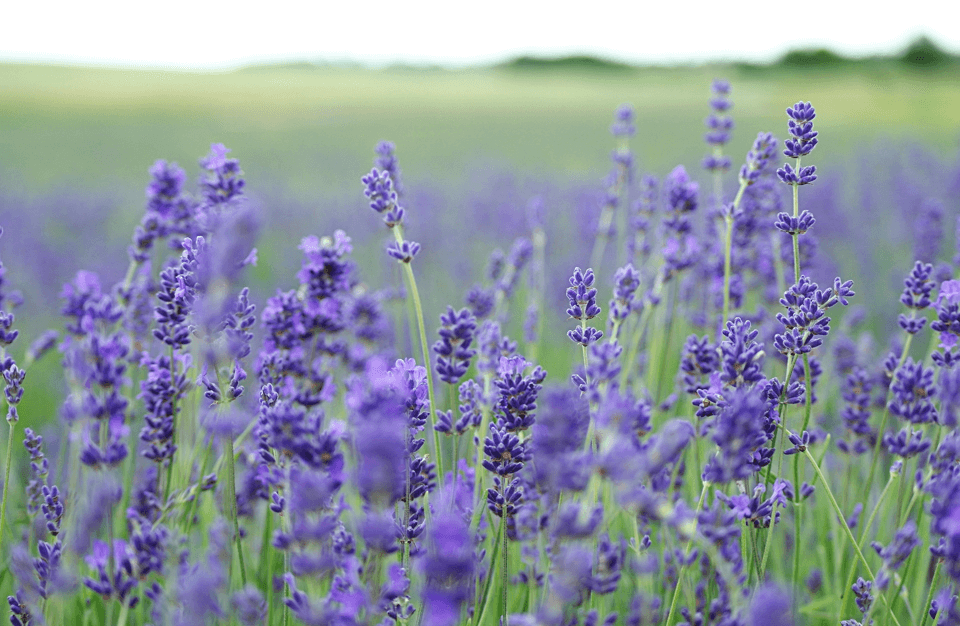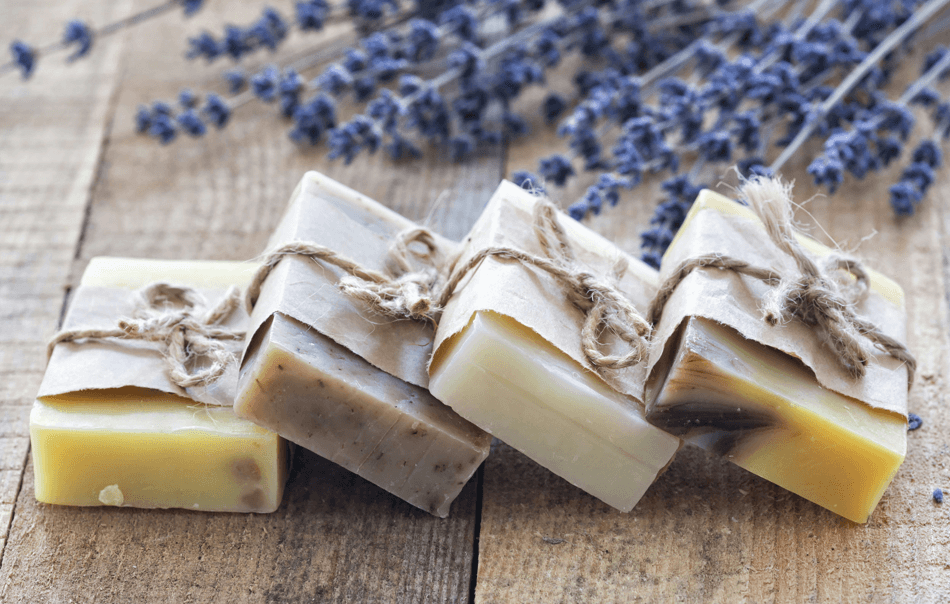Sandalwood: The Skin Savior Loved For Centuries

Sandalwood, a fragrant wood from the Santalum tree, has been coveted for centuries. It's been used in religious rituals, traditional medicine, and even skincare.
Today, we're delving deep into the heart of this aromatic tree to explore its significance in Ayurveda and its modern-day applications in skincare.
Short Summary
- Sandalwood's versatility makes it a key ingredient in modern skincare, suitable for all skin types.
- Its calming fragrance enhances the luxury of skincare routines.
- Although largely beneficial, sandalwood can cause sensitivities, ranging from mild itching to rashes or redness.
- A patch test is advised before using any new product.
- Sandalwood is available in several forms, including oils, soaps, and creams.
- Dilute sandalwood oil with a carrier oil for use as a massage oil or bath additive.
- Moderation is crucial to avoid overuse or misuse of sandalwood products.
- Always opt for products specifying 'pure sandalwood' or 'sandalwood essential oil' to avoid synthetic versions that may lack therapeutic benefits or cause harm.
- Being natural doesn't guarantee safety - always monitor dosages and bodily reactions.
Sandalwood in Ayurveda and Traditional Medicine
Ayurveda, a 5,000-year-old system of traditional medicine from India, emphasizes balance and natural healing. One of its prized ingredients is sandalwood, revered for centuries for its therapeutic properties and aromatic fragrance.
Historically, sandalwood has been used in medicinal practices to treat various skin conditions thanks to its antiseptic and anti-inflammatory properties. It's also been central to the preparation of incense, which is used in religious ceremonies, underlining its cultural significance.
Fast forward to today, and we see that modern beauty products are embracing these ancient traditions. The growing interest in natural skincare has brought sandalwood back into the spotlight.
From soaps and face masks to body creams and perfumes, sandalwood is being celebrated for its array of benefits. This age-old ingredient is bridging the gap between traditional and modern skincare, offering a holistic approach to beauty.
Sandalwood-infused Skincare Products
Sandalwood's natural properties make it a star ingredient in various skincare products. Let's explore some of these:
- Cleansers: Sandalwood-infused cleansers help cleanse the skin thoroughly while keeping it hydrated. Its antiseptic properties can help reduce acne-causing bacteria, leaving skin clear and radiant.
- Toners: A sandalwood toner can soothe irritated skin and tighten pores. Its anti-inflammatory properties can help calm redness and inflammation.
- Serums: Sandalwood serums are known for their hydrating and anti-aging benefits. They can help reduce fine lines and wrinkles, giving the skin a youthful glow.
- Moisturizers: Sandalwood moisturizers are perfect for those with dry skin. They provide intense hydration and lock in moisture, leaving skin soft and supple.
The key reason sandalwood is so essential in modern-day beauty is its versatility. Whether you have oily, dry, or sensitive skin, there's a sandalwood product out there for you. Plus, its calming fragrance adds a touch of luxury to your skincare routine.

Cautions and Usage Guidelines
Sandalwood's warm, woody scent and therapeutic properties have made it a cherished ingredient in skincare, but like all-natural extracts, it may cause sensitivities in some individuals. Symptoms can range from mild itching to rashes or redness.
Before using any new product, it's always wise to perform a patch test. Apply a small amount of the product on your inner wrist or elbow and wait for at least 24 hours. If you notice any irritation or discomfort, discontinue use immediately.
Sandalwood is available in various forms - oils, soaps, and creams being the most popular. They can be seamlessly integrated into your skincare routine. Sandalwood oil can be diluted with a carrier oil and used as a soothing massage oil or added to your bath. Soaps and creams are great for daily use. However, moderation is key to avoiding overuse or misuse.
Always read labels carefully. Look for products that specify 'pure sandalwood' or 'sandalwood essential oil', as synthetic versions can lack therapeutic benefits and potentially cause harm.
Remember, natural doesn't always mean safe, so always be mindful of dosages and your body's reactions. Enjoy the benefits of sandalwood responsibly!

Sandalwood Sustainability and Sourcing
Sustainable sandalwood sourcing is not only an ethical obligation but also crucial for preserving our environment.
Deforestation and species extinction make it imperative to prioritize sustainability in sandalwood sourcing. By doing so, we contribute to preserving forests, protecting endangered species, and ensuring the overall health of our planet.
Leading brands advocate for ethical sandalwood sourcing. They prioritize sustainability, transparency, and responsible practices.
These brands use recycled packaging, and eco-friendly ingredients, and actively contribute to ethical programs. Their certifications and partnerships demonstrate their commitment to the cause.
By choosing products from ethical brands, you support companies that prioritize the planet's well-being over profits. Your actions, no matter how small, can make a significant difference in shaping a sustainable future.
Sandalwood Face Masks and DIY Recipes
Let's explore some DIY sandalwood face masks that cater to various skin concerns:
1. Sandalwood & Turmeric Mask for Acne-Prone Skin: Combine 1 tsp of sandalwood powder, 1/2 tsp of turmeric powder, and enough rose water to form a paste. Apply this to your face and let it dry before rinsing. Use this mask twice a week to keep acne at bay.
2. Sandalwood & Honey Mask for Dry/Irritated Skin: Mix 1 tsp of sandalwood powder with 1 tbsp of honey. Apply to the face and rinse off after 15 minutes. This hydrating mask can be used 2-3 times a week.
Research supports the use of sandalwood for skincare, noting its antimicrobial and anti-inflammatory properties. Remember, consistency is key to seeing results!
To complement your DIY masks, consider adding a high-quality sandalwood-based product to your regimen.
Remember, always do a patch test before trying a new ingredient. Happy masking!

Conclusion
Sandalwood is a skin savior from nature's treasure trove. Its powerful anti-inflammatory and antimicrobial properties make it ideal for various skin concerns.
From acne-prone to dry, irritated skin, sandalwood proves its worth. DIY masks and sandalwood-based products offer a glimpse of its potential. Soothe irritation, combat breakouts, and boost your skin's health with sandalwood.
Consistent use can significantly improve appearance and texture. Embrace Ayurveda's wisdom, incorporate sandalwood into your routine, and witness its transformative wonders.
Share your experiences and skincare wins with others. Beauty is best when shared. Indulge in sandalwood's magic and let nature work wonders on your skin.
Frequently Asked Questions (FAQs)
Does Sandalwood Soap Lighten Skin?
Yes, some sandalwood soaps have skin-brightening properties. Seek out bands that contain natural ingredients like turmeric and saffron that help reduce dark spots, blemishes, and acne scars and can even out your skin tone.
Is Sandalwood Soap Good For Your Face?
Yes, sandalwood soap is great for facial skin. It helps remove dirt and impurities as well as promote hydration. Additionally, it has natural anti-seborrheic properties which can help reduce signs of aging such as wrinkles and dark circles. Lastly, its unique aroma soothes the senses and leaves your skin feeling refreshed and rejuvenated.
Where Does Sandalwood Oil Come From?
Sandalwood oil is derived from the Santalum Album plant, which is native to India and other parts of Asia. It is extracted through steam distillation of the heartwood and roots of the tree, which produces an aromatic, sweet-smelling essential oil used in perfumery and traditional medicine.
Is Sandalwood Good For All Skin Types?
Yes, sandalwood is beneficial for all skin types. It contains anti-inflammatory properties that help cool and soothe dry, irritated skin. Also, it has antiseptic properties which can be used to treat acne and other blemishes on your skin while nourishing it with antioxidants. Sandalwood also gives you an even complexion as well as a healthy glow!
Can I Apply Sandalwood Every Day?
Yes, you can apply sandalwood every day. Sandalwood has antiseptic and antioxidant properties that protect the skin from toxins, reduce inflammation, and prevent infection. Additionally, it helps keep your skin moisturized and removes blemishes, dark spots, and wrinkles to help maintain a youthful appearance. It's safe for daily use!





